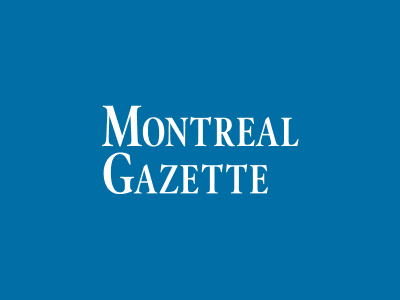Hero Canadian diplomat was a CIA spy: report
Ken Taylor claims he was 'de facto CIA station chief' in Iran
Canwest News ServiceJanuary 23, 2010
Ken Taylor, a Canadian diplomat stationed in Tehran during the Iranian Revolution, says he was the CIA's "de facto station chief."
Photograph by: Allen McInnis, Gazette file photoA Canadian diplomat hailed as a hero for his role in the “Canadian caper” – a 1979 plot in which Canada helped six American diplomats escape Iran – was a U.S. spy who helped the U.S. plan an armed invasion into Iran, says a media report.
Former Canadian ambassador to Iran from 1977 to 1980, Ken Taylor, told the Globe and Mail he was “the de facto CIA station chief” in Tehran after the U.S. embassy was seized by students on Nov. 4, 1979. At the time, 63 Americans were taken hostage.
Taylor told the newspaper this week that “the Iranians wouldn’t have tolerated it” had his espionage been discovered – “and the consequences may have been severe.”
His spying was kept a secret by an agreement between the Canadian and the U.S. governments, The Globe reported.
© Copyright (c) The Montreal Gazette




Comment